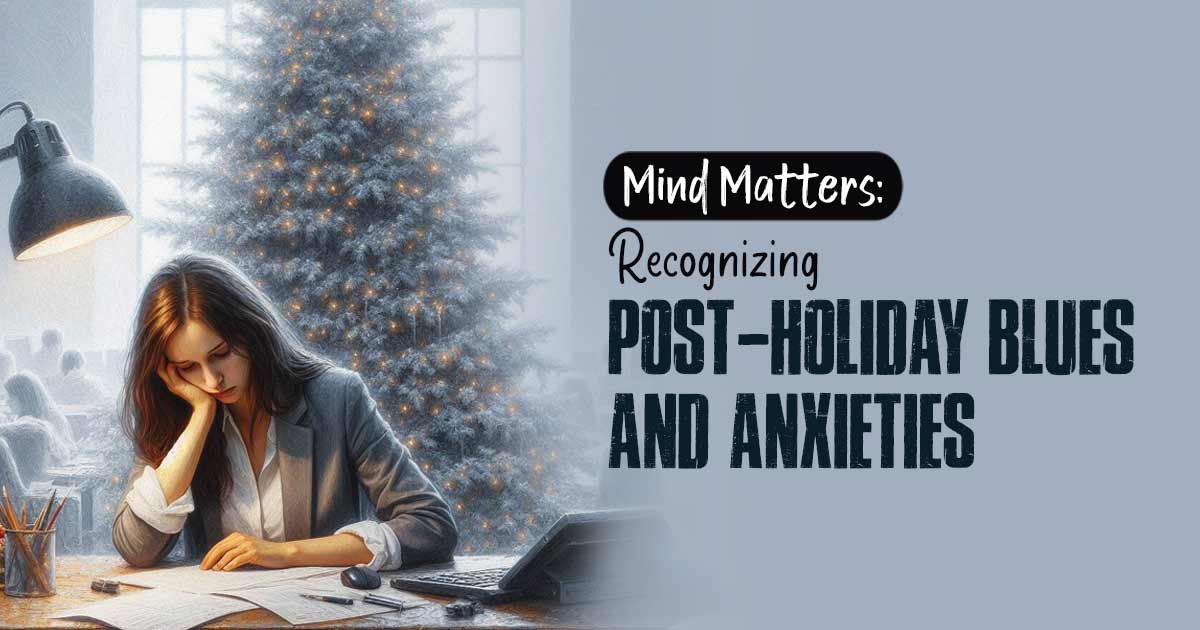In the dynamic landscape of anxiety management, experts underscore the value of proactive strategies that go beyond fleeting solutions.
Acknowledging the impracticality of completely eradicating anxiety, the spotlight is on nurturing habits that effectively curb its impact.
Here, we delve into seven pivotal habits recommended by experts to fortify mental resilience and tackle anxiety before it gains momentum.
Acknowledge Early: A Pivotal Step in Anxiety Management
In the world of anxiety, early acknowledgment stands as a linchpin. Drawing parallels with handling financial burdens, experts assert that addressing anxiety at its onset is akin to managing a $1,000 loan rather than allowing it to burgeon into a daunting $50,000 debt.
Timely recognition and acceptance of worries enable individuals to arrest their escalation into overwhelming anxiety.
Assertive Expression of Wants and Needs: Unmasking Anxiety’s Signals
Anxiety, often a herald of unmet needs, becomes a compass for self-discovery. Rather than fixating on quelling anxiety, individuals are encouraged to delve into their genuine desires.
Experts advocate for the power of assertiveness, asserting that expressing one’s needs serves as a potent strategy in diminishing anxiety.
This approach sees anxiety not as a foe but as a messenger, urging individuals to decipher the underlying message.
Smart Sleep Practices: The Bedrock of Emotional Well-being
Underscoring the pivotal role of quality sleep in emotional well-being, experts emphasize the importance of smart sleep practices.
Beyond the widely acknowledged significance of sleep, the advice pivots towards avoiding undue efforts to induce sleep.
Experts recommend getting into bed only when genuinely sleepy, steering clear of counterproductive attempts to force sleep. Quality sleep emerges as a fundamental component in fortifying emotional resilience.
Expanding Emotional Vocabulary: Dethroning Anxiety from the Emotional Realm
The nature of the relationship with anxiety becomes central to its management. Expanding the emotional vocabulary to encompass feelings beyond anxiety is prescribed as a remedy.
Experts advocate for naming and acknowledging a spectrum of emotions, diminishing anxiety’s dominance in the emotional landscape.
By fostering a nuanced understanding, individuals can mitigate anxiety’s overarching influence.
Scheduled Worry Time: Harnessing Mindfulness to Quell Anxiety
In a paradoxical twist, experts propose worrying on purpose as an effective means to worry less overall.
The practice involves allocating specific times for “worry time,” during which individuals list their concerns without attempting immediate resolution.
This intentional approach aims to desensitize the mind to worries, ultimately decreasing their frequency and intensity.
Regular Exercise for Building Self-Efficacy: A Dual-Pronged Solution
Regular exercise not only reaps physical benefits but emerges as a key player in building self-efficacy.
Experts posit that the belief in one’s ability to navigate anxiety without impulsive reactions is crucial.
Exercise provides a tangible platform to showcase this capability. Additionally, regular physical activity contributes to improved sleep, a cornerstone in emotional regulation and anxiety management.
Setting and Enforcing Boundaries: Upholding Self-Respect to Diminish Anxiety
Identifying the unwillingness to set boundaries as a significant source of anxiety, experts advocate for this habit as an act of self-respect.
Setting boundaries becomes paramount for maintaining confidence and reducing anxiety.
The article underscores the importance of saying no to external requests as a means of prioritizing personal goals and values.
Constructing a Robust Shield Against Anxiety
The common thread weaving through these habits is the construction of a robust buffer against anxiety.
While acknowledging the inevitability of anxiety, individuals can significantly diminish its impact through intentional habits.
From early acknowledgment and assertive expression to smart sleep practices and scheduled worry time, these habits collectively foster a proactive approach to anxiety management.
In a world where stressors abound, these expert-backed habits stand as pillars of mental resilience, offering individuals the tools to confront anxiety at its genesis and navigate life’s challenges with greater ease.




























